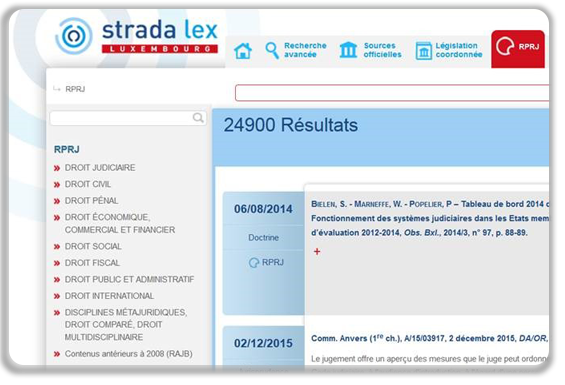Consortium Luxembourg is happy to announce that access to EuroCases is now open. 
EuroCases is a unique multilingual web-based legal informational service providing access to case law of the leading jurisdictions in Europe related to the application of European Union law. It is maintained and continuously updated by the leading Bulgarian legal information provider Apis (www.apis.bg). EuroCases builds upon the achievements of the affiliated company Apis Hristovich Ltd. within the EUCases project (http://eucases.eu) supported by the European Commission under the 7th Framework Programme for research and innovation of the European Union.
The main advantage of the service lies in its cross-border nature – in cases where provisions of EU law should be applied, users can draw inspiration and ideas by using relevant case law of other jurisdictions, which is not offered by their national service providers.
National and European case law is covering the following 19 thematic areas of EU law:
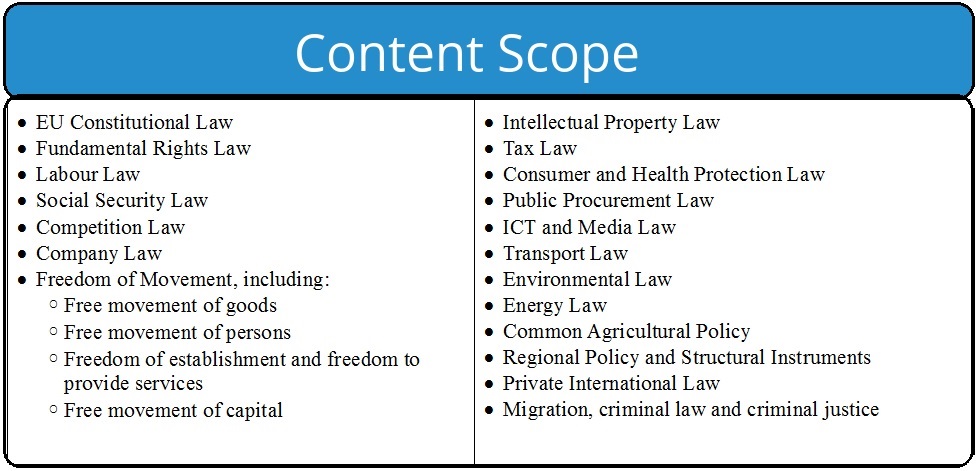
In addition, the subscription comes with Link Detector, a free software tool that checks for legal citations to EU legislation and case law and establishes links to EuroCases online database.
Link Detector is an extension (add-on) to the browsers Internet Explorer®, Google Chrome® and Mozilla Firefox®, and an add-in to the word processor Microsoft Word®. Its primary mission is to assist legal professionals working with EU law. To this end, Link Detector identifies legal citations to EU legislation and to judgments of the EU Court of Justice in the web page opened by the user (respectively, in the document edited by the user) and establishes links to the cited EU acts and/or provisions thereof published in the EuroCases online database.
Local access inside the library buildings is offered to EuroCases for all users with a valid library card from either National Library or University.
Access via a-z.lu: http://a-z.lu/BIBNET:All_content:BNL_MLBNL03960
 Springer Nature is delighted to announce that it has rolled out its free content sharing initiative,
Springer Nature is delighted to announce that it has rolled out its free content sharing initiative, 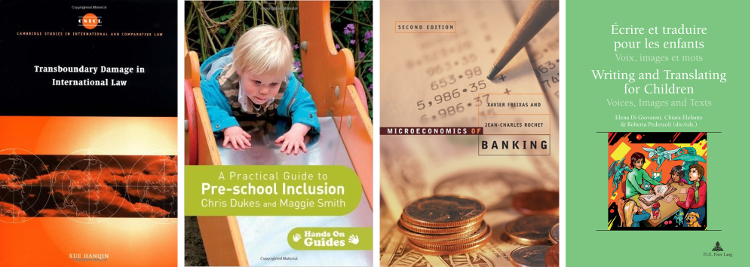

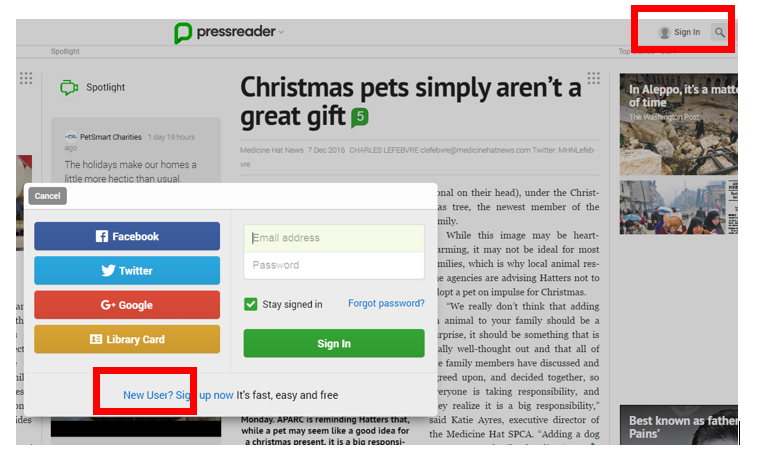
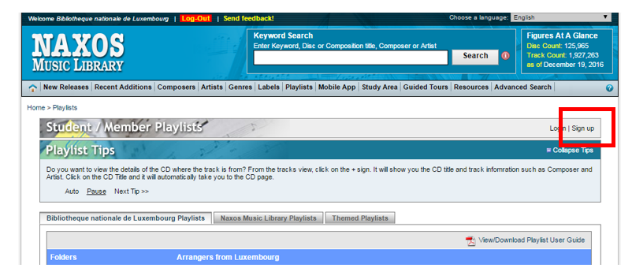
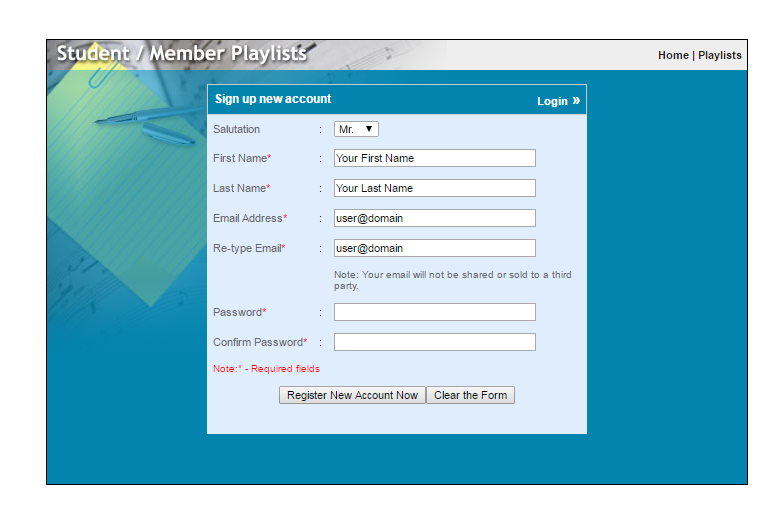

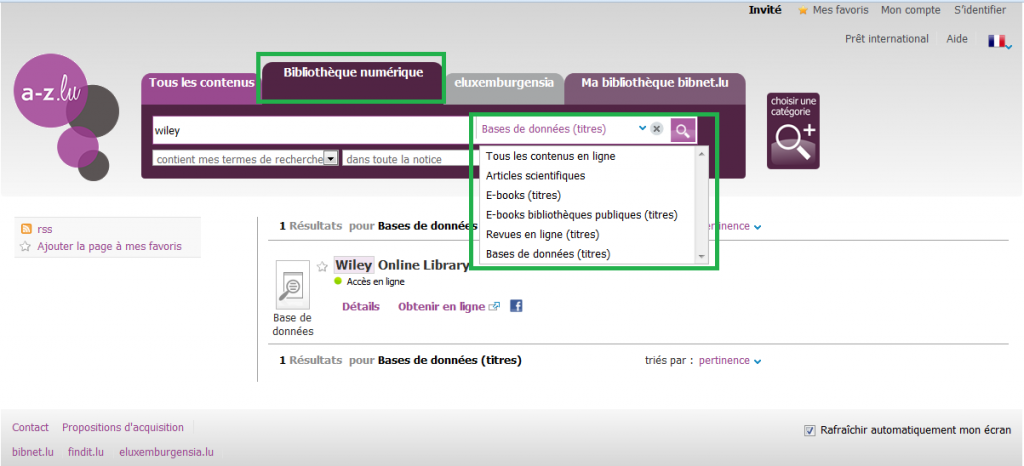
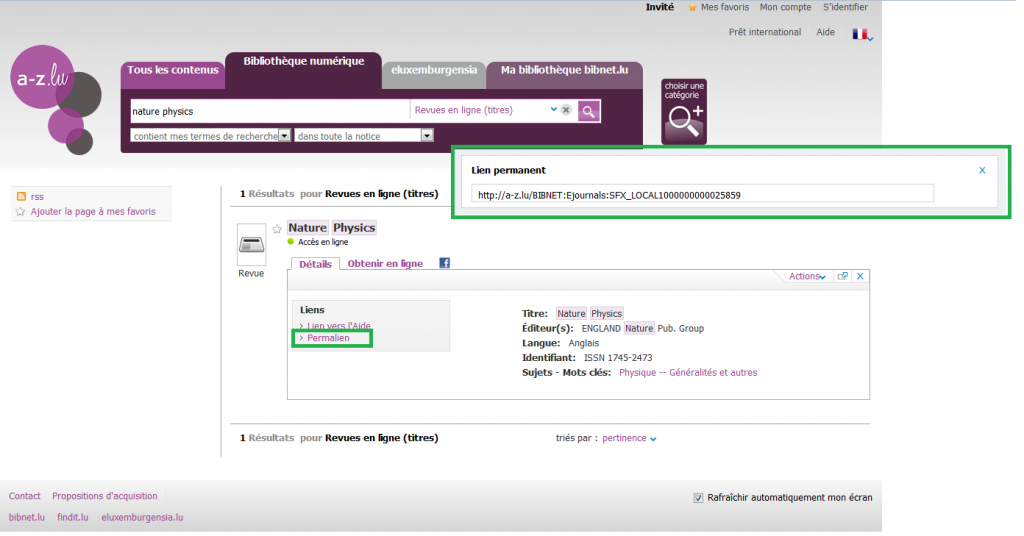
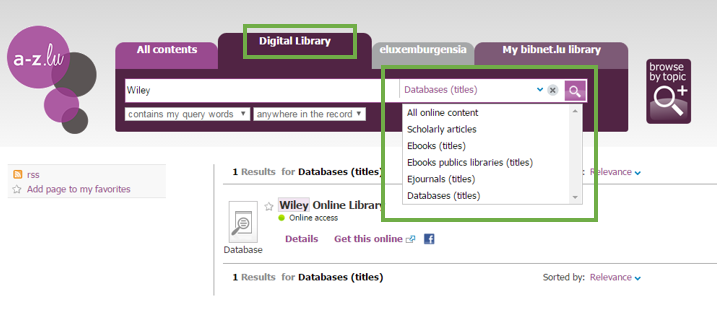
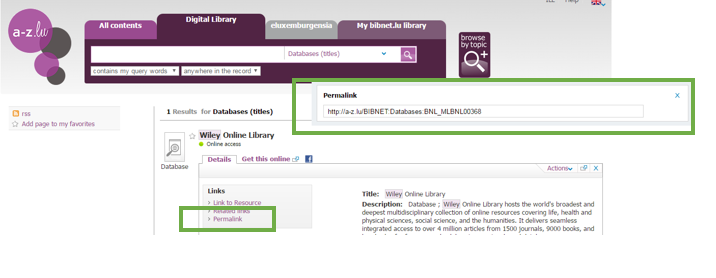
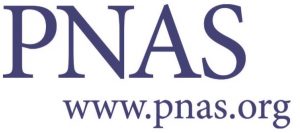 onsortium Luxembourg is happy to announce that we’re now offering access to
onsortium Luxembourg is happy to announce that we’re now offering access to 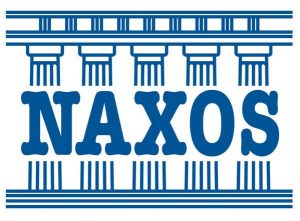 Der 01. November 2016 bringt allen Nutzern der
Der 01. November 2016 bringt allen Nutzern der 